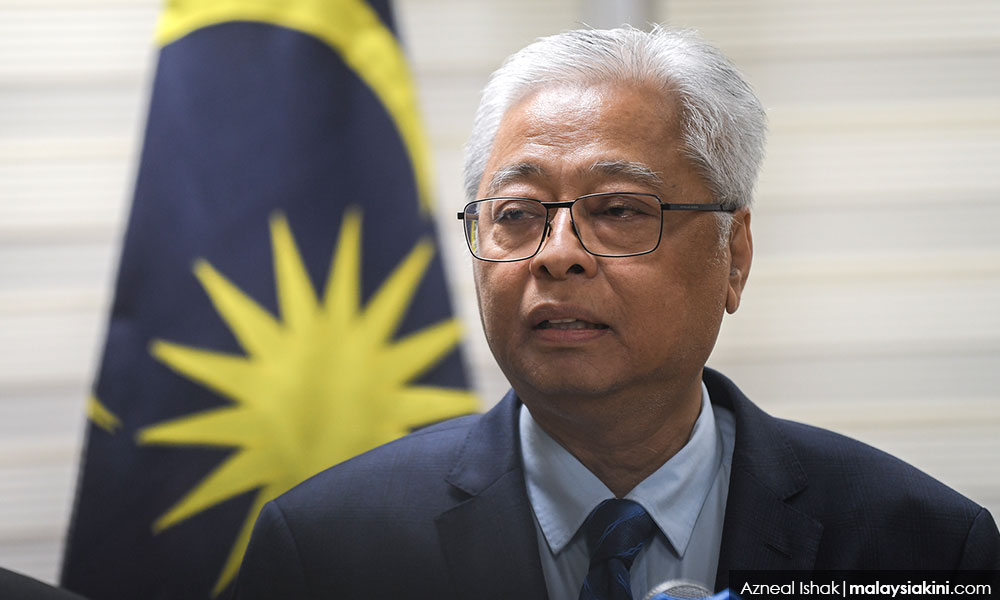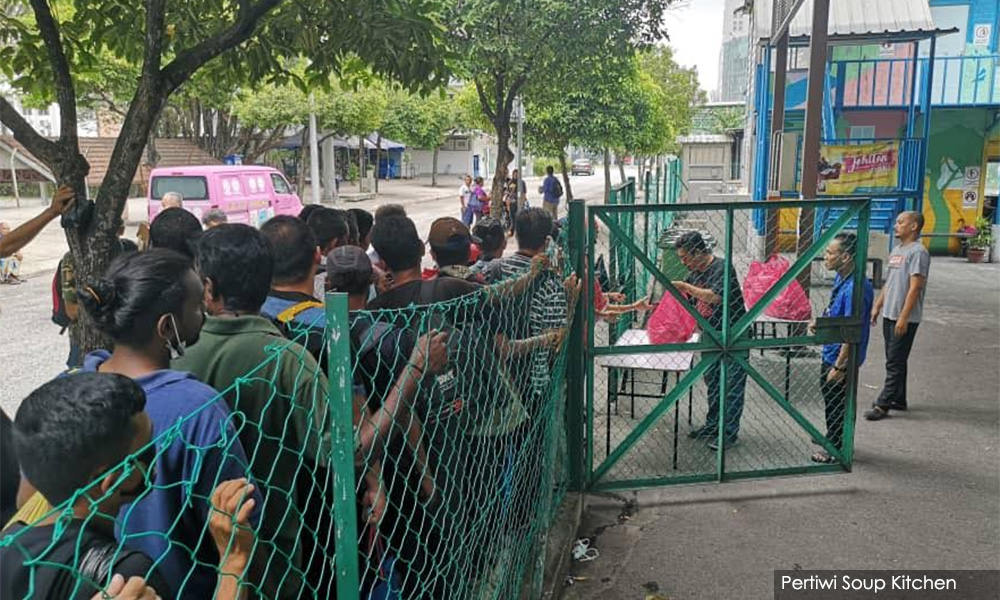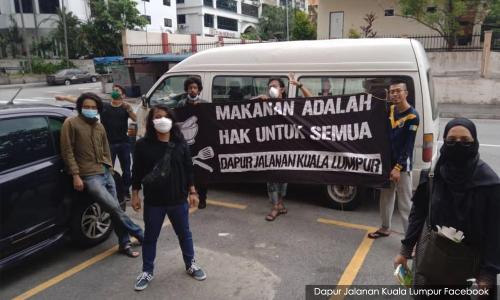Let NGOs help those who are most in need
COMMENT | In times of national crisis, the government alone cannot bear the burden of helping the people cope with so many knotty problems and daunting challenges. It needs an army of volunteers to share the workload so that no one would be left stranded in misery and despair.
Today, the country is in deep trouble because a new disease is spreading like wildfire, infecting so many lives and causing many deaths. The Covid-19 has disrupted national life to such an extent that the army has to be deployed to battle the invaders.
But while the soldiers and police are making sterling efforts to enforce the partial lockdown, and while the medical personnel are doing yeoman service to treat the sick and the dying, the work of NGOs should not be belittled or dismissed.
NGOs, too, can be considered as frontliners in the sense that they give succour to those who find it hard to survive under restricted conditions. These vulnerable people are mostly those who are stricken by poverty and have no means of buying food and basic medicine.
For quite sometime some NGOs have been delivering food to these forgotten people, but Senior Minister Ismail Sabri Yaakob (photo) saw fit to prohibit NGOs from performing such service. He may have a valid reason - to reduce the risk of infections - but surely this band of volunteers has been doing an invaluable task, which should be recognised and encouraged.

Now, all such food donations must be channelled to the Welfare Department, but this is easier said than done. Can the department handle the logistical operations if large quantities of food donated by NGOs arrive at its doorstep? Does it have refrigerators to keep perishable food? Do they have the manpower to convey the food to the various destinations?
Ismail did not say whether the department will accept all types of food catering to the tastes of the various races. NGOs have no problem dealing with the poor of different faiths on matters of food, but the department may not be able to act the same way on grounds of religion.
The role of NGOs must be seen in a broader context. They may operate outside of the government but they are an integral part of society. They help society in times of tribulation, be it fighting injustice or aiding victims of natural disasters.
Now is the time for NGOs to step up again to confront a foe attacking from all fronts. Regardless of their political leaning, Ismail must harness their energy and resources to meet and overcome this great menace eating into the vitals of the country.
There are two ways NGOs can be roped in: co-opt them into the vast volunteer force of frontliners under the government umbrella, or let them carry out their mercy missions based on stringent government guidelines. The members can surely undertake the job of food distribution with efficiency and order.

The government machinery cannot be expected to answer every call for help from the impoverished sector of society. The poor and the needy are always at a disadvantage when there is a national calamity. Often their cry for help from their urban hovels or rural sheds is little heard in the outside world.
NGOs can be the eyes and ears of the government already overstretched in the great battle against the coronavirus pandemic. They should be given the greenlight to deliver food promptly whenever they get a distress call.
Perhaps a special allocation can be set aside for NGOs to operate mercy missions to indigent families holed up in the concrete jungle or cut off in some remote rural areas. The money can be used to buy food and other basic necessities.
The government must appreciate the work done by NGOs or even caring individuals who take upon themselves the role of guardians of public wellbeing. Many have sacrificed their time to get out and do something positive for those who are most in need.
While the government led by its new commander is tightening the grip on the country, let NGOs give a helping hand to the thousands of "Makcik Kiahs" who have no banana fritters to sell but who live on air and water to survive.
PHLIP RODRIGUES is a retired journalist.
The views expressed here are those of the author/contributor and do not necessarily represent the views of Malaysiakini.
Keep up with the latest information on the outbreak in the country with Malaysiakini's free Covid-19 tracker.
Malaysiakini is providing free access to the most important updates on the coronavirus pandemic. You can find them here.
Help keep independent media alive - subscribe to Malaysiakini.
RM12.50 / month
- Unlimited access to award-winning journalism
- Comment and share your opinions on all our articles
- Gift interesting stories to your friends
- Tax deductable
